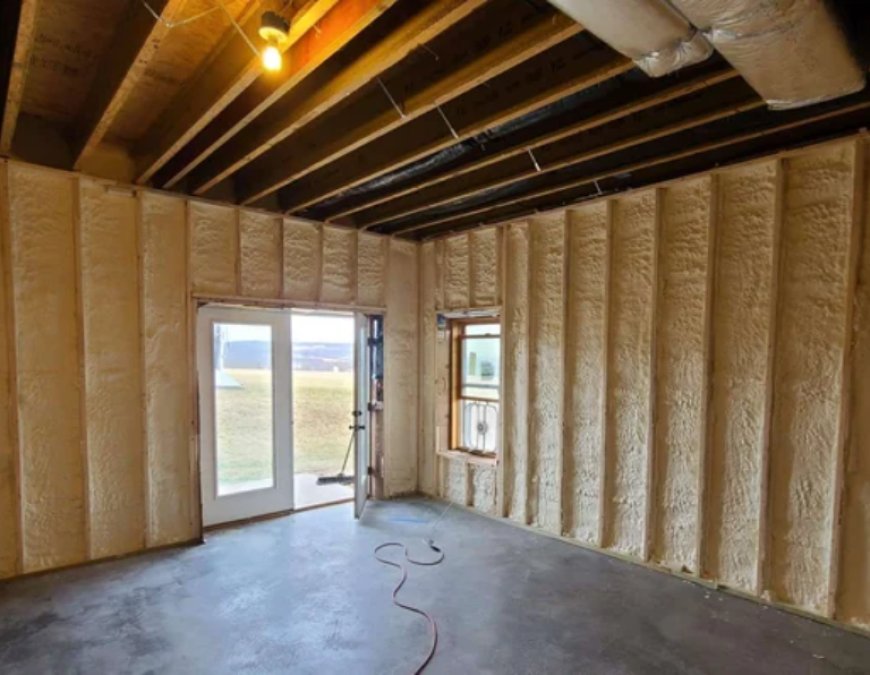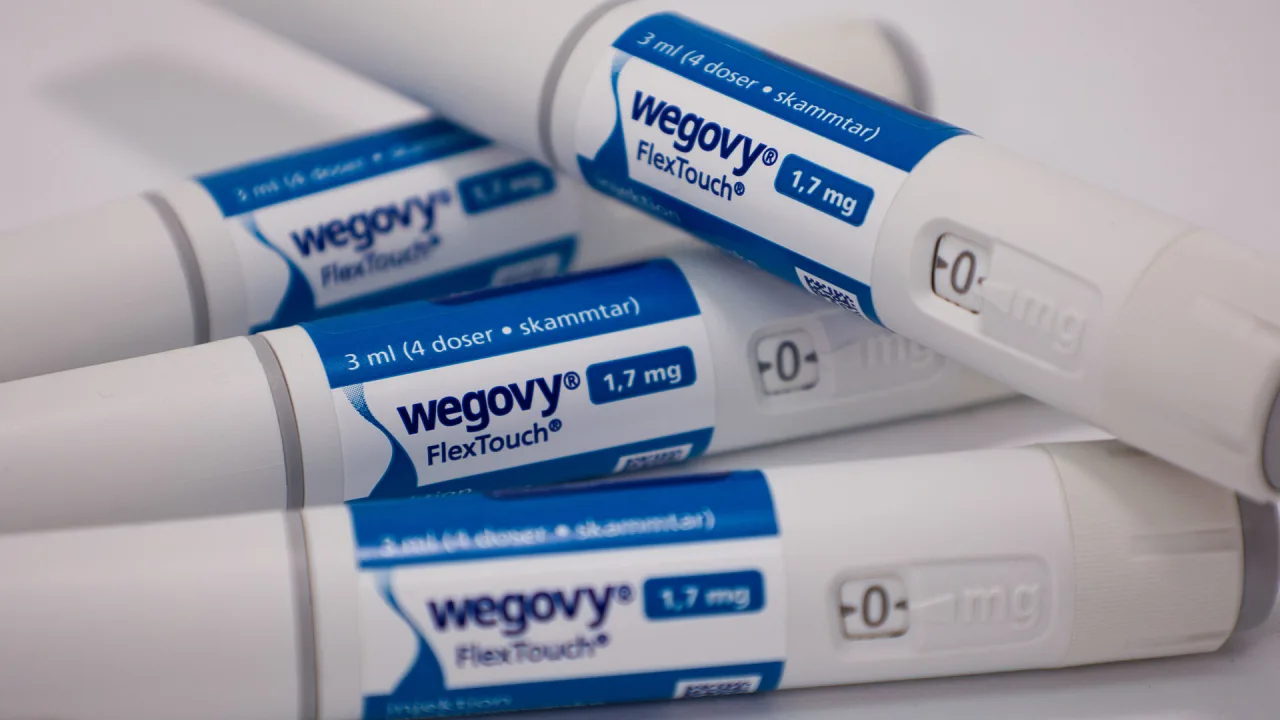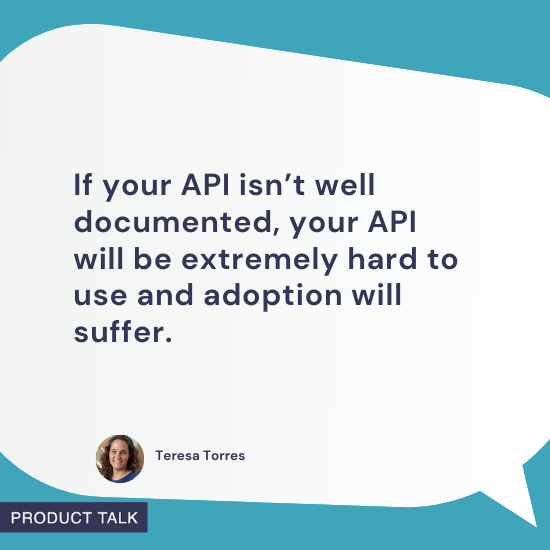Closed-Cell Spray Foam for Stronger, More Efficient Buildings in Garner, NC
Closed-cell spray foam significantly boosts structural stability while minimizing energy loss in both residential and commercial buildings. In Garner’s varied and often humid climate, its dual role as an air and moisture barrier makes it especially valuable.

Closed-cell spray foam significantly boosts structural stability while minimizing energy loss in both residential and commercial buildings. In Garner’s varied and often humid climate, its dual role as an air and moisture barrier makes it especially valuable. This insulation method forms a rigid, continuous seal that not only improves thermal performance but also reinforces building elements like walls, roofs, and foundations.
This article offers a complete, data-supported breakdown of closed-cell spray foam’s performance and practical benefits. It compares insulation types, includes technical specifications, and guides readers through critical decision-making factors relevant to Garner’s local conditions.
Benefits of Closed-Cell Spray Foam in Garner
Closed-cell spray foam in Garner,NC delivers measurable benefits across a range of building types. Unlike traditional insulations, its dense chemical structure forms a hardened barrier that blocks air movement, resists vapor diffusion, and improves overall building durability.
Performance Characteristics
-
Increases rigidity of framed structures, adding measurable load strength
-
Lowers heating and cooling demand through superior insulation
-
Seals gaps, cracks, and seams in a single installation process
-
Reduces moisture infiltration, mold growth, and insulation decay over time
Comparison With Other Insulation Types
|
Feature |
Closed-Cell Spray Foam |
Open-Cell Spray Foam |
Fiberglass Batts |
Cellulose Blown-In |
|
R-Value (per inch) |
6.0–7.5 |
3.5–4.0 |
2.2–3.5 |
3.2–3.8 |
|
Air Seal |
Yes |
Moderate |
No |
No |
|
Vapor Barrier |
Yes |
No |
No |
No |
|
Water Resistance |
High |
Low |
Low |
Low |
|
Adds Structural Strength |
Yes |
Minimal |
No |
No |
|
Best Use Cases |
Exterior walls, roofs, basements |
Interior walls, sound control |
Attics, budget projects |
Walls, dense pack retrofits |
Technical Specifications
|
Property |
Value Range |
Notes |
|
R-Value |
6.0–7.5 per inch |
Higher resistance means better energy control |
|
Closed Cell Content |
Over 90% |
Ensures rigidity and moisture resistance |
|
Water Absorption |
<1% by volume |
Minimizes long-term damage from leaks |
|
Compressive Strength |
25–30 psi |
Helps support wall assemblies and roofs |
|
Application Temperature Range |
40°F–120°F |
Compatible with Garner’s year-round weather patterns |
Garner Climate Considerations
Garner’s climate includes hot, humid summers, mild autumns, and occasional cold snaps in winter. These shifts increase demand for insulation that can prevent indoor discomfort and building material degradation.
Why Closed-Cell Works in Garner
-
Reduces peak-season energy use by insulating against extreme heat
-
Prevents condensation inside walls during cold weather transitions
-
Helps keep crawlspaces and basements dry by blocking outside vapor
-
Meets or exceeds local building code expectations for vapor control
Bonus Tip
Apply foam to rim joists, crawlspace walls, and roof decks to address high-loss areas typically missed by traditional insulation.
Installation Process Overview
-
Site Preparation: Remove debris and outdated insulation to allow full access.
-
Substrate Check: Ensure walls, ceilings, and foundations are dry and dust-free.
-
Foam Application: Install in multiple passes to reach code-compliant thicknesses.
-
Cure Time: Foam solidifies quickly but requires full ventilation during curing.
-
Final Inspection: Verify air-tightness and consistency across the insulated space.
Bonus Tip
Confirm that surfaces have no condensation before spraying. Moisture can weaken foam adhesion and reduce effectiveness.
Things to Consider Before Making a Decision
-
Building Use: Homes, offices, warehouses, and mixed-use spaces each have unique insulation needs.
-
Material Cost: Closed-cell foam costs more upfront but reduces ongoing HVAC load.
-
Wall and Roof Dimensions: High R-value per inch benefits shallow cavities or tight attic spaces.
-
Code Compliance: Garner’s updated codes may require specific R-values or air barrier standards.
-
Moisture Exposure: Basements, crawlspaces, and coastal-facing walls benefit most from its resistance to water vapor and leaks.
Bonus Tip
For historic buildings, consult an energy specialist. Closed-cell foam can alter vapor profiles that affect aged wood and masonry.
Common Questions About Closed-Cell Spray Foam
Is closed-cell spray foam safe indoors?
Yes. Once cured, it’s chemically inert. The key is allowing proper cure and ventilation time after installation.
How long does closed-cell spray foam last?
Typically 30+ years with no settling, shifting, or breakdown—far exceeding traditional insulation lifespans.
Can closed-cell foam reduce outside noise?
Somewhat. It dampens vibrations and sound transmission but is less effective than dedicated soundproofing materials.
Does it work year-round?
Yes. In Garner’s mixed climate, its air seal and vapor resistance provide comfort in all seasons.
Can it be added to finished structures?
Yes, through drilled-access retrofit applications. It's often part of larger renovation or energy-efficiency upgrades.
Topic FAQ
What’s the difference between closed-cell and open-cell spray foam?
Closed-cell foam is denser and resists water and vapor. Open-cell is lighter, cheaper, and better for indoor sound absorption.
Does closed-cell foam reduce energy bills?
Yes. It minimizes energy waste by preventing heat loss and unwanted air exchange.
Is closed-cell spray foam water-resistant?
Yes. It repels water and limits absorption, making it useful in below-grade or damp zones.
Can it be applied in humid weather?
Yes, with proper equipment calibration and site ventilation.
Is professional installation required?
Yes. Professional installers ensure thickness, coverage, and curing standards are met safely.
Make the Right Decision
Closed-cell spray foam offers thermal insulation, moisture protection, and enhanced strength in a single application. In Garner, where fluctuating temperatures and high humidity are prevalent, it stands as a durable solution for improving building efficiency and protecting the structure long-term.Before selecting the right material, it’s essential to review your building’s construction, ventilation systems, and insulation objectives. Closed-cell foam presents significant benefits in many situations, but ensuring that the application conditions and budget align with project requirements is key.For expert guidance and professional installation, contact Raleigh Excel Spray Foam Insulation today:






































































































![Building A Digital PR Strategy: 10 Essential Steps for Beginners [With Examples]](https://buzzsumo.com/wp-content/uploads/2023/09/Building-A-Digital-PR-Strategy-10-Essential-Steps-for-Beginners-With-Examples-bblog-masthead.jpg)


















































